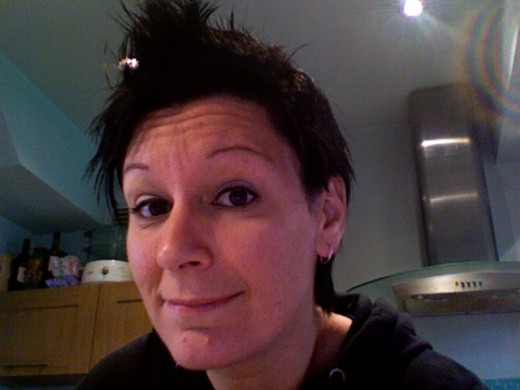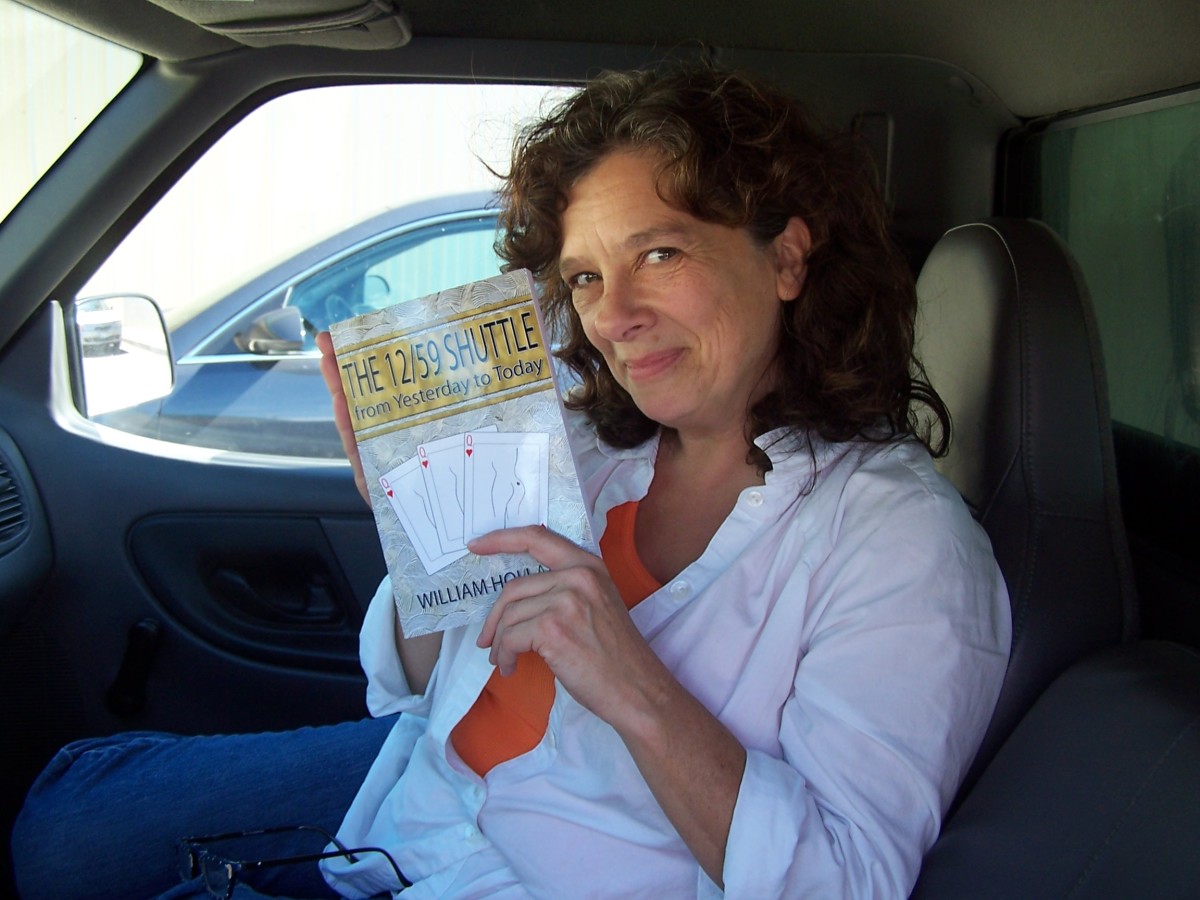How I write the first draft of a novel
Is this expression familiar to you?

It's not all 'woe is me, I'm so useless'...
Now, I'm not pretending to be an expert here or anything. I've only been writing for a relatively short period of time myself, so you can take my witterings with a pinch of salt, chuck them over your shoulder for luck, or do what you want with them. But I was thinking that it might be nice to let other novice novelists know that they're not alone in feeling useless. I have come to realise very quickly - as I'm sure we all do - that writing is not at all as easy as one might initially imagine. There are lots of reasons for this: isolation, lack of ideas, lack of motivation, tiredness, not being in the right mood, downright laziness. I am absolutely positive that I will write more about those negative areas of creating a masterpiece from time to time when they happen to plague me. But for today I thought I would concentrate on something more positive.
GETTING IT DONE
How do you do it?
There are, of course, many, many ways of writing a first draft. There are probably as many ways of writing a first draft as there are people in the world. In fact there are probably more ways of writing a first draft than there are stars in the sky. Actually, there are probably only about four ways of writing a first draft ... that I can think of ... off the top of my head. Erm, one, two ... three, and ... erm ... yes, four.
Now, let's just all be honest with each other from now on. And most importantly of all, let's be honest with ourselves. Are we serious about writing our respective novels or not? Of course we are. So what we have to do is stop wimpering about how hard it is, and how lonely it gets, and all that. Let's decide which method of banging out that first draft we're going to use, so that we can desist with the first facial expression I have shown, and perhaps move on to using something more akin to the one I have included at the bottom of this article. Let's see if we can find a way of writing that brings us only happiness!
Writing it out perfectly from start to finish, and not even needing any editing
If you think that you can write a novel using this method then you are horribly mistaken. I don't think there's a writer in the world who can sit down and start at the beginning, write a few hundred pages of perfect prose, get to the end without doing any editing and be perfectly happy with the finished piece. This should go without saying, but I remember at the start of my first novel (which still is not finished, I said I'd be honest with you!) thinking that I could get the whole thing written in a few months and have it ready to submit to my chosen publisher who would snap it up without hesitation. What an idiot was I? But when we get a good idea we have these little dreams about our original and thrilling story being a breeze to write. No. It won't happen. Proper work has to be done. You're not doing this just for fun, you know?! This is serious! Take it seriously! Your first draft will probably be just awful; that's just how it is.
Writing it all down as quickly as possible
This is the way I've chosen to do it with the novel I'm working on now, my second one - yes, even though I haven't yet finished the first one: I like to make things confusing for myself. I have no idea if this is the 'right' way to do things, but it is the way I started writing it, and it seemed silly to change things half way through. I can recommend this method, of writing down absolutely anything that pops into your head that might be related to the story, because it's quick and easy. (Yes, I know that I just said that writing is hard work, but sometimes I tell lies.) I began by writing down some ideas for scenes in the book, not having any real idea where they might go in the running order. As I wrote, and wrote, and wrote (really, it was very liberating to just write down any old rubbish, without stopping to think about syntax or sense) I started to find some structure, and as I wrote some more I started to notice some chapters forming. The writing is absolutely appalling, apart from the odd bit of genius that drops in now and again. I wouldn't show any of this writing to a soul, it really is truly awful. But the thing is, it still feels like I'm achieving something. I have drafted twenty-five chapters, and have firm ideas for the final six. The first draft has taken hardly any time to write at all this way.
The downside is not a downside for me, but this is the rub. It will be a downside for lots of people. I love editing and reworking and redrafting, but I think I may be right in saying that most people do not. Most people probably think of editing as the hard work bit of writing, after the glee-filled play time that is first-drafting. But to me editing and getting the second draft underway is incredibly thrilling. Of course, I know nothing, because I'm not published yet!
Writing and perfecting one chapter at a time
This is the way I started to write my first novel. Warning: this is a very long-winded way of doing it, but it can be very inspiring.
I started writing my first novel properly when I was taking part in an online creative writing course, and my tutor told me to submit a first draft of my first chapter for critiquing by my fellow students. That was fine. It was quite well received, and there was some very useful and constructive criticism. The second task was to use the criticism to redraft this first chapter. And the third task was to redraft once more. The piece became very polished, and as far as I was concerned absolutely perfect. I was very pleased with it. But it depends what's important to you really. Some of my fellow students did not like this way of working at all, because they began to feel that they were making changes based on comments from their readers regardless of whether or not they agreed with those comments. If you respond to every little nit-picky bit of criticism by changing the section in question, and if you believe that everyone who reads your work has a more valid opinion than you then you might start to find that your work is no longer your own. Your piece of writing may start to become unrecognisable to you, and the idea you initially had may get lost. So although criticism can be very valuable, you only have to take it on board if you want to - if you think the critical comments are incorrect then you can choose to disregard them. It's your work, no-one else's.
I didn't choose to change very much based on comments from my fellow students. I did take some comments on board, and certain mistakes were highlighted to me that I would not have noticed myself. But the redrafting mainly came from new ideas that I had myself, improvements that I had thought of almost as soon as I had submitted the piece. If you're not too precious about your work it can be very easy to see the flaws in it - though, of course, you will never be as critical and/or objective as your editor (I'm assuming; what do I know though, I don't have an editor!). It was very useful to have redrafting as an assignment, because it meant that I got to experience that process sooner than I might have expected. Polishing, honing, refining (don't you just love a thesaurus?!), and finding out what an excellent piece of writing you can produce is very exciting. It is for me anyway.
But here's another rub: this way of working takes forever. I worked on my first novel for about a year and a half, and I completed (to a state of near perfection) only four chapters! Granted, I didn't have many hours available in a week, and I have more now. But to take eighteen months to write four chapters is rather disheartening. Now, this could just be me, because I am an excellent procrastinator. You could choose to work on one chapter at a time, and rework and rework until you're happy with it, and you could have a novel written in a few months. All I can say is, it's worth a try with a chapter or two. You might like it. It might help you to feel inspired. That's what's good about this method - you can see how good you can be, and you can be spurred on to create more perfect chapters, one... word... at... a... time.... As you can see, I haven't used this method with this hub - it's quite obviously been written right off the top of my head.
The fourth method
I don't actually have a fourth method to talk about. I did just make up that bit about four methods, because I thought it was a little bit humorous. If you know of more methods please do tell us about them in a comment. I'm sure there are lots of more seasoned and experienced readers out there in Hubland who will have innumerable stories about what works for them, and what definitely doesn't. Please share you worldly wisdom.
I hope, in the distant future, to be able to rewrite this hub myself, when I've had a few novels published and do actually have more of an idea of what I'm talking about. That's all for now folks.
Perhaps you would enjoy trying this kind of expression on for size?









